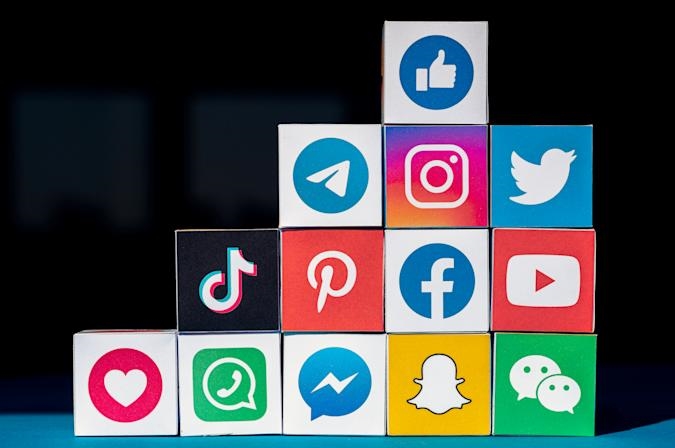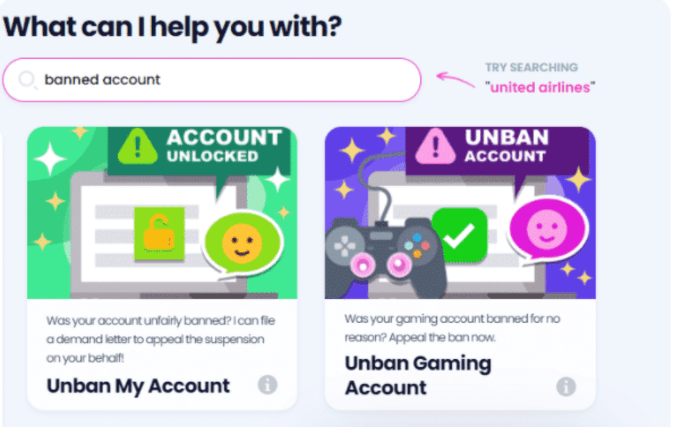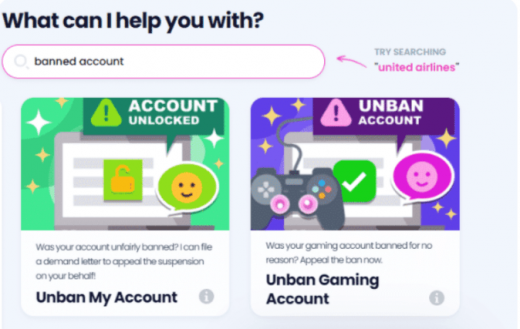How a ‘robot lawyer’ could help you get unbanned from social media
How a ‘robot lawyer’ could help you get unbanned from social media
The service is meant to help people who were wrongly suspended from their accounts.


Just weeks after Facebook rebranded itself to “Meta,” the longtime owner of @metaverse Instagram suddenly found herself locked out of the account she had run for years. A message told Thea-Mai Baumann she was suspended for impersonation, though she had never pretended to be anyone else. Her account was returned after The New York Times wrote a story about the ordeal, but the company never offered an explanation for how the mistake was made.
While what happened to her was unusual, one aspect of Baumann’s story is more common: that people who are wrongfully suspended from their social media accounts often have little or no recourse for getting them back (at least, not without media attention).
Now that group may have another option. The “robot lawyer” company DoNotPay, which offers automated legal services, has a new offering: getting social media accounts unbanned.
The new service, which is included with DoNotPay’s $36 monthly subscription, offers users an alternative to emailing companies’ help center bots or wiring appeals that may never get answered. Instead, DoNotPay asks users for information about what happened to them, and sends a letter to the relevant company’s legal department on their behalf.

“These platforms prioritize legal cases,” DoNotPay CEO Joshua Browder tells Engadget. “When you’re just writing into customer service, they don’t really take it seriously.” Legal departments, on the other hand, are much more likely to respond, he says.
In the appeal, the company also tries to “match” your appeal with a “legal reason why they can’t ban you,” using state and federal laws that may apply. The letter also includes a deadline for the company to respond. He says that so far PayPal and Instagram have been among the most-requested services for unbanning. But the service will work with other platforms as well, including Twitter, Snapchat, Uber, Tinder, YouTube, Twitch and others.
Crucially, Browder points out that the service is not intended for people who were banned from a platform for legitimate reasons, like violating its terms of service. And even for those who were wrongly suspended, he estimates the odds of actually getting an account back as the result of this process are around 20 percent.
But even if the appeal isn’t ultimately successful, Browder says there are other benefits to the process. For one, companies are required to turn over users’ data regardless of whether their account was suspended. So even if you are unable to, say, regain access to your Instagram account, DoNotPay can ensure the company hands over your account details. There’s also the fact that sending a legal demand letter can cause a much bigger headache for a company than ranting to customer service agents.
“In general in America, they do have the right to ban you,” Browder says. “We don’t overstate that we can make miracles happen, but we can punish them a lot and get your data.”
(45)


